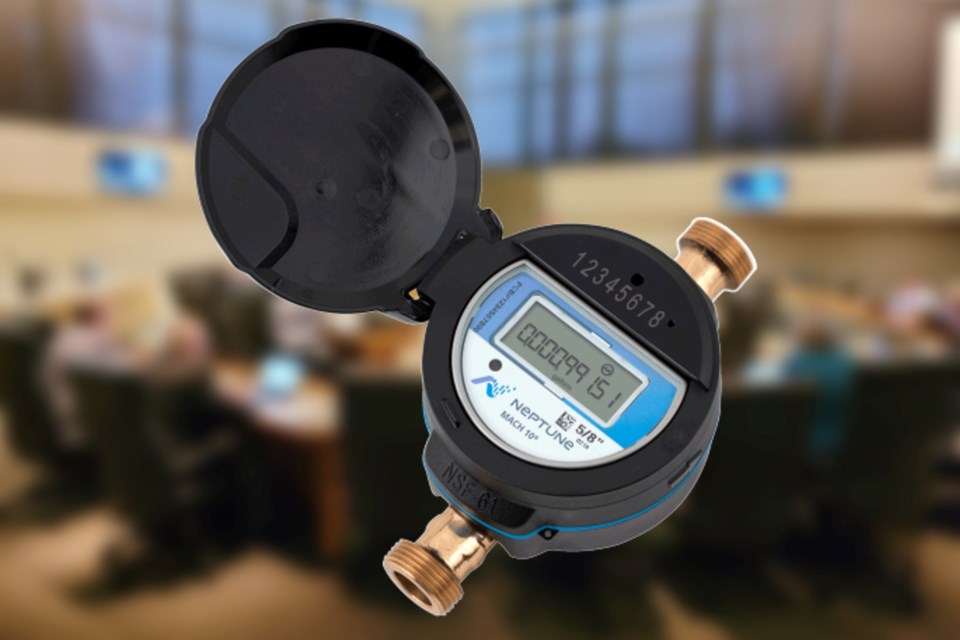KIRKLAND LAKE - Kirkland Lake plans to explore the possibility of installing water metres in all new residential and commercial constructions.
The idea, which was initially brought forward by Coun. Casey Owens at the Feb. 20 council meeting was back on the agenda at the March 5 Kirkland Lake council meeting and was approved.
An information report will be presented by the end of the second quarter of this year. Staff is also looking into whether existing residential customers could participate in a voluntary water metering program.
According to the Ontario Clean Water Agency (OCWA), the town has a daily average output of 1,154 litres per resident of drinking water from the water treatment plant, which is more than double the national average of 300 to 500 litres.
Last month, a presentation from Eric Neilson, the regional manager for OCWA, regarding some 2023 highlights also noted the town is losing 50 per cent of its water.
Though the town currently has metres at commercial properties, residential properties don’t.
Neilson’s report listed many benefits water metres could offer, including maximizing the service life of infrastructure and reducing waste generation.
SEE: Kirkland Lake resident speaks out about water, sewer rate hike
Owens said the intent behind installing water metres isn’t a “cash grab.”
“We’re losing water and we’ve got a high consumption rate… the intent is to have people realize that we need to do our part to help our water supply and not put it in jeopardy… It's not a guarantee that our water supply will be good forever,” he said.
“I don't want to see metres in all existent houses. I know there's a lot of costs associated to that. My goal here is really new constructions in Kirkland Lake.”
Coun. Rick Owen said their current system isn’t fair because it's based on the number of rooms you have in your home.
“We need to look to fairness as well when we're looking at new builds. For instance, a senior citizen would buy a house under our current system and their neighbour could buy the exact same house and have six kids and they would both be paying the same in water,” he said.
“I know in the past councils explored it and they explored the cost of putting meters on in every house. It wasn't feasible. But by starting it with new builds, it would be feasible.”
The cost of the metre would be paid for by the person purchasing the home meaning no cost for the taxpayers, Owen said.
“And it will help the entire town in the long run,” he said.
Considering the information from EXP's water study and from OCWA, Mayor Stacy Wight said it's worth starting the conversation.
"I do think it's valued conversation that we should have at this table," she said.
Coun. Janice Ranger said they’re looking at education, not speculation.
“Whether that be speculation of the general public, members of council, or employees, we'll be looking for reports to make rational decisions. And look at those individuals who may have questions about the current system and how that will affect their specific situation,” she said.
“I want the public to understand that as councilmen, we have accountability and responsibility and that we need to look forward with our water situation based on these reports… We need to look at them and make decisions that maybe not everybody will be happy with.”
On the flip side, Coun. Lad Shaba said the idea of having water metres is great, but he doesn’t believe it’s the right timing to go forward with the investigation.
“I agree, we have to do what we need to do to conserve water and save money, but we have a big fish right now, which is losing 50 per cent of our flow. I think we should putting all our efforts into that,” he said.
“Putting metres in place and investigating that, I don't think will make a difference if we don't try to address the bigger issue.”
